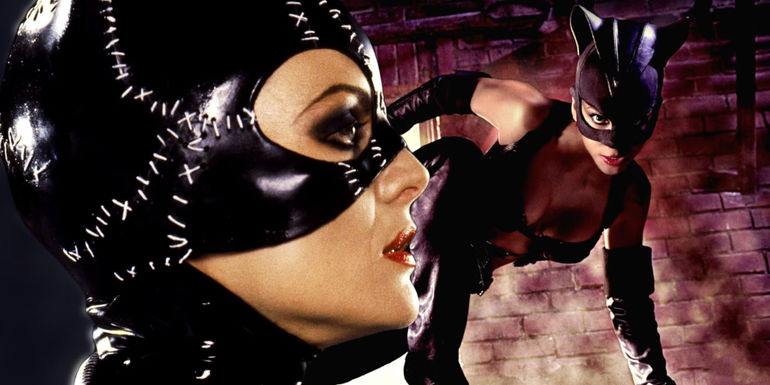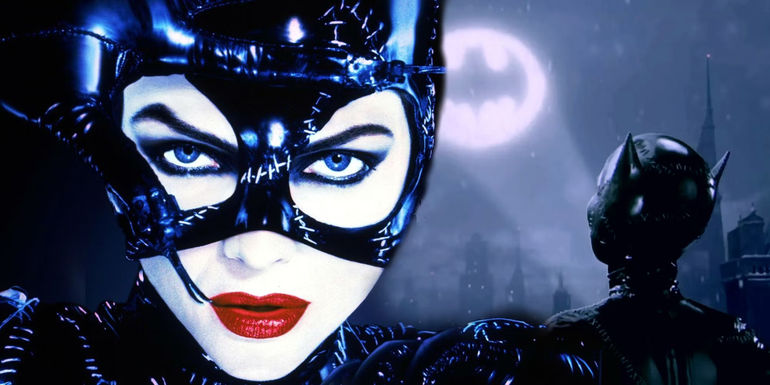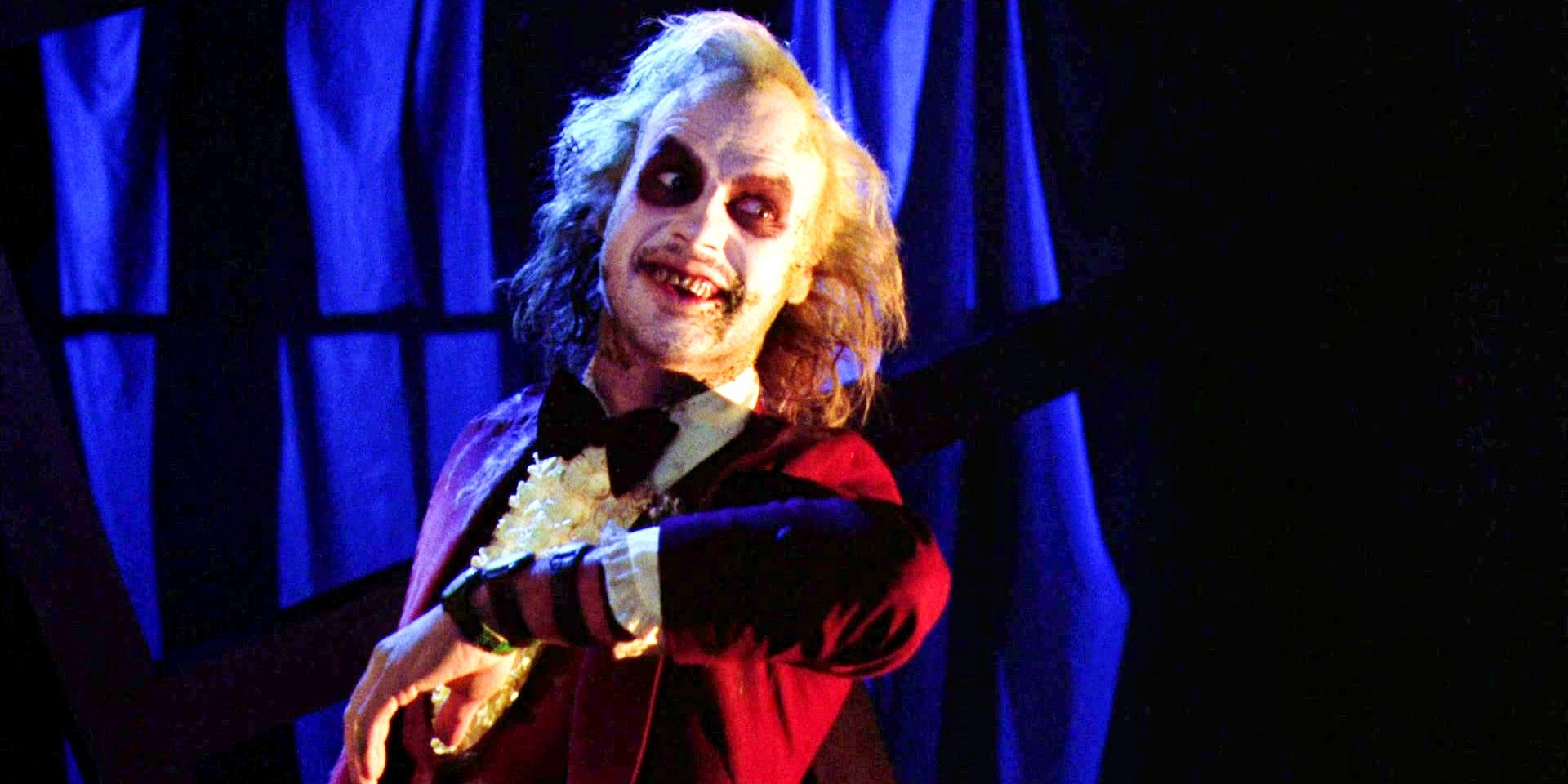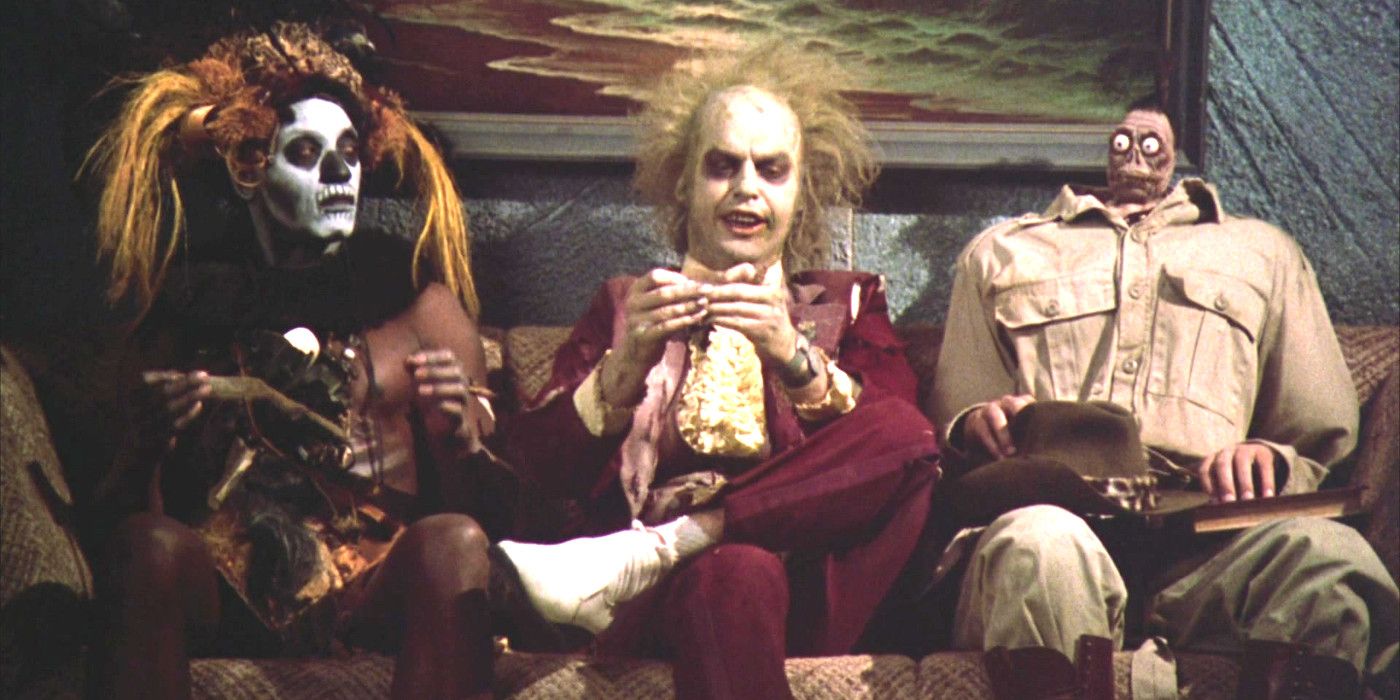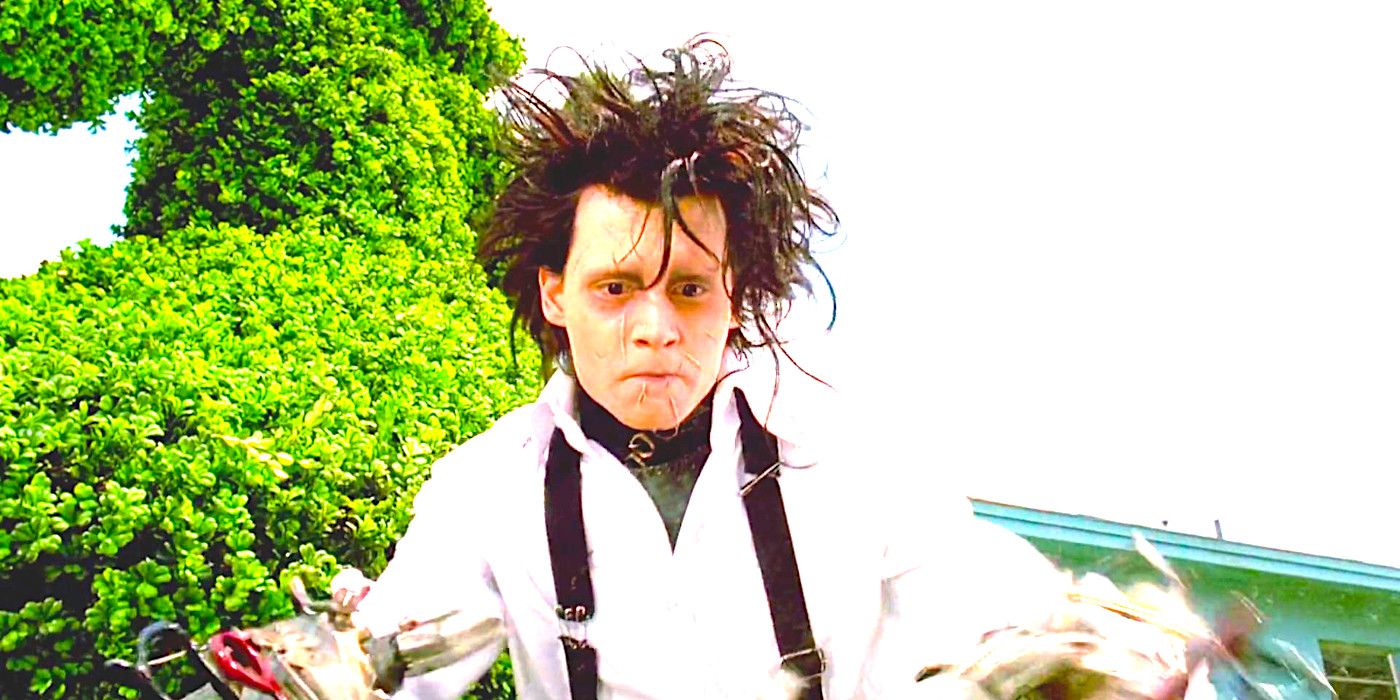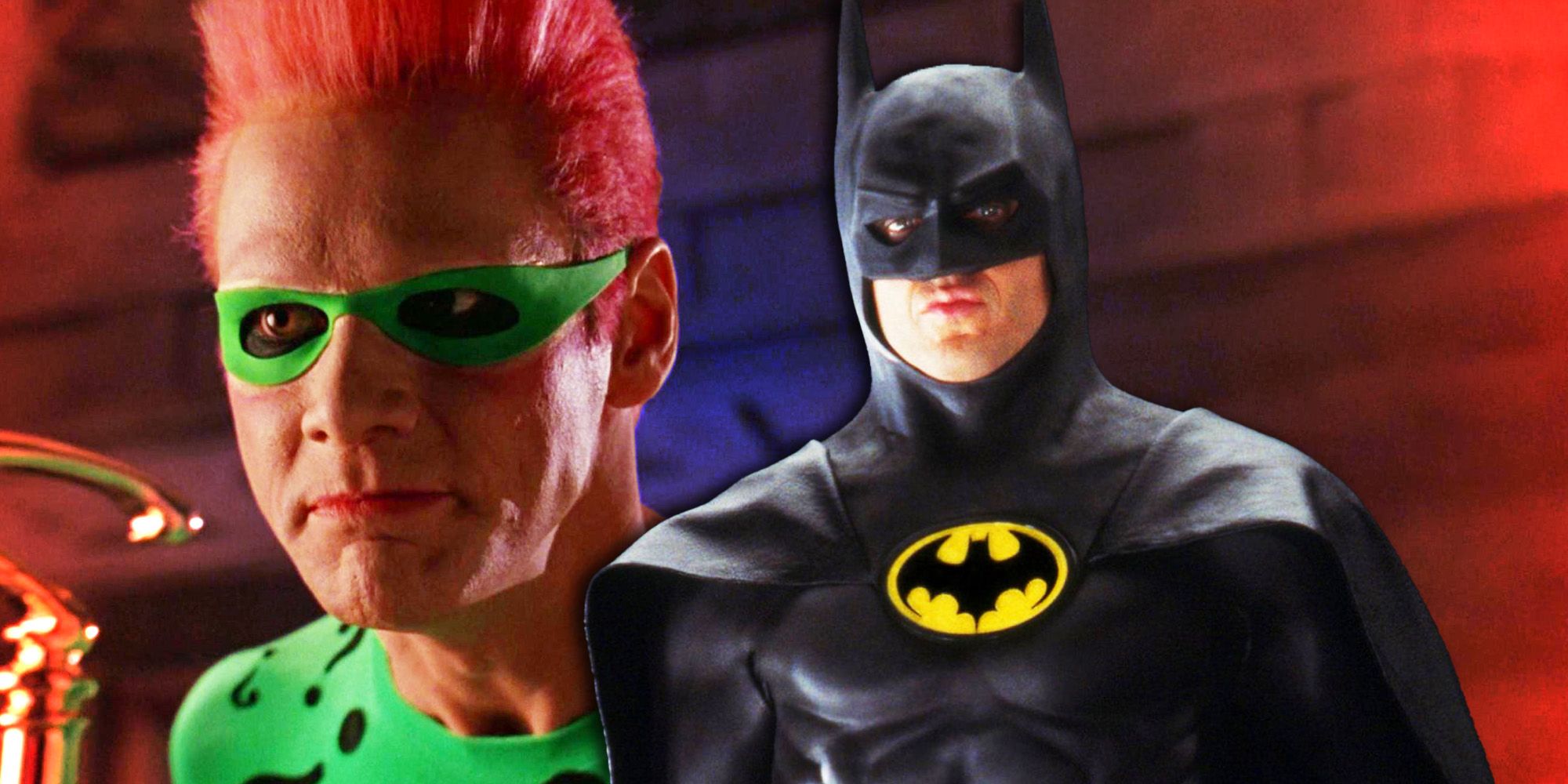
The Missed Opportunity: Tim Burton's Catwoman Movie

Exploring the potential of Tim Burton's unmade Catwoman movie and its impact on the DC movie history.
The Rise of Batman and Catwoman
Tim Burton's third Batman movie could have been a Catwoman spinoff that would have kept the 2004 Halle Berry movie from tarnishing DC's movie history. In 1989, Tim Burton's Batman shook Hollywood with its unprecedented reimagining of the Dark Knight, earning the film a record-breaking $100 million in 11 days and setting the movie as a major turning point in Batman's extensive cinematic history.
Halle Berry's Catwoman Movie and Michelle Pfeiffer's Catwoman in Batman Returns
Not only did Burton's 1989 Batman help kick off the rise of superhero movies, but it also helped Batman become a major Hollywood IP that continues to grow to this day. Logically, Batman's success spawned plans for sequels and spinoffs, but those plans quickly took an unexpected turn. Batman Returns then introduced Danny DeVito's Penguin and Michelle Pfeiffer's now-iconic Catwoman, the latter of whom survived the events of the movie, against all odds.
After Batman Returns, plans for future movies included Tim Burton's unmade Batman 3 featuring Billy Dee Williams as Two-Face and Marlon Wayans as Robin, as well as a Catwoman sequel starring Michelle Pfeiffer. Given the popularity of Pfeiffer's Catwoman, her spinoff would likely have been a successful follow-up. But unfortunately, the Catwoman project and the Batman franchise as a whole got derailed and gave way to Pitof's 2004 critical flop Catwoman and Joel Schumacher's infamous Batman Forever and Batman & Robin, respectively.
The Unmade Catwoman Movie Pitch
In late 2023, Batman Returns screenwriter Daniel Waters' pitch for a Catwoman spinoff came to light in an interview with IndieWire, with Waters revealing the unmade movie to be a satirical look at superheroes from the perspective of a retired Selina Kyle. While it follows the events of Batman Returns, the unmade script pivoted away from Tim Burton's gloomy Gotham atmosphere and injected Catwoman's story with more humor and social commentary than its two predecessors. Also, the original Catwoman movie would have started to break apart the concept of fully benevolent heroes in live-action several years before similar current-day movies and shows.
Batman Returns Catwoman original ending
As Waters himself describes it, Catwoman would have been '‘The Boys’ before ‘The Boys.’': “He wanted to do an $18 million black and white movie, like the original Cat People, of Selina just lowkey living in a small town. And I wanted to make a Batman movie where the metaphor was about Batman. So I had her move to a Los Angeles version of Gotham City, and it’s run by three asshole superheroes. It was The Boys before The Boys. But he got exhausted reading my script.”
Whether Daniel Waters' idea for Catwoman would have been well-received by critics and general audiences is a mystery, but it certainly had more potential on paper than 2004's Catwoman starring Halle Berry. After Tim Burton and Michelle Pfeiffer's departure from the project, and after several years stuck in development while Joel Schumacher's Batman films took the franchise in a different direction, Catwoman became a loose adaptation of the DC character that replaced Selina Kyle with 'Patience Phillips' and removed all connections to Batman and Gotham City. By this point, the project had lost everything that could have helped it compensate for its poor VFX and bizarre story.
The Missed Potential of Tim Burton's Catwoman
Daniel Waters' Catwoman script proposed a much stronger concept for the spinoff than 2004's Catwoman. Whereas the latter focused on an oversimplified and oversexualized conflict between Patience Phillips and the corrupt owner of a beauty company, the unmade Catwoman movie could have expanded its sights beyond the protagonist to explore the ethics of superheroes. Along the way, Michelle Pfeiffer's Catwoman could have questioned her own morality as she sees Batman's other side reflected on heroes who don't use their abilities entirely for benevolent reasons. Such a story would have been surprisingly complex for the time and far more fitting for a Catwoman movie than the final version of the film.
